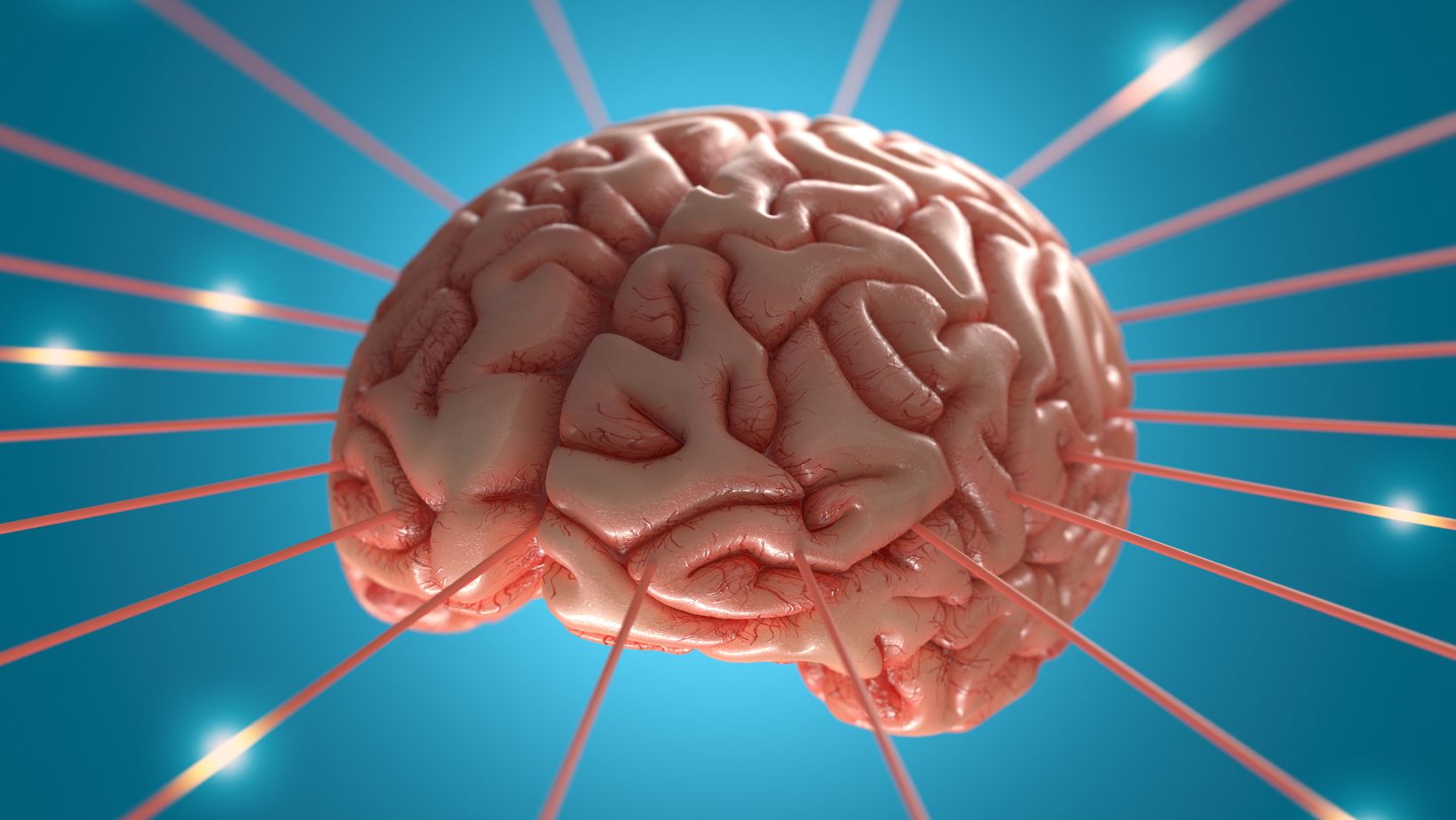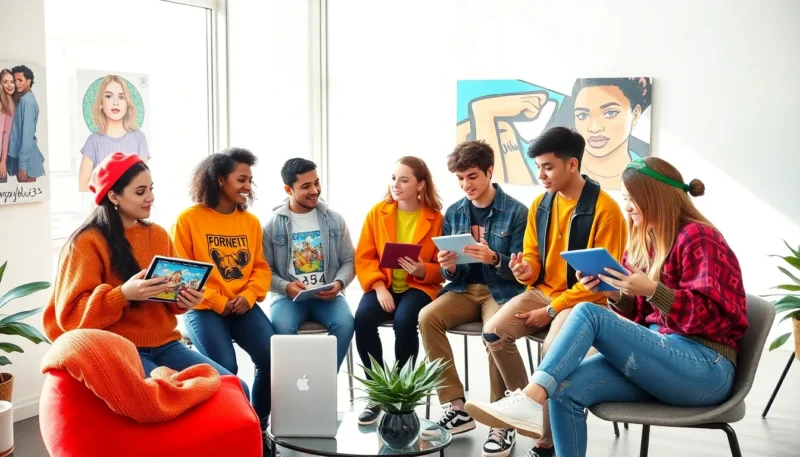Is It Strategy or Instinct? How Our Brain Makes Split-Second Choices

You’ve been there. A decision needs to be made — quickly. You don’t have time to map out each possibility. But your hand moves, your mouth speaks, or your finger clicks… and it is the right decision. Or, maybe just as often, the wrong one.
So, what’s driving us in those instances? Is it instinct — the pure, unfiltered gut signal? Or is it strategy — a speeded-up variant of logic we’ve unconsciously rehearsed in the background?
To do that, let’s examine how our brains function when time gets short, and what a game like the 1xbet aviator game can teach us about those small yet mighty decisions we make daily.
Fast Brain vs Slow Brain: Who’s in Charge?
Psychologists routinely divide our thinking into two systems.
System 1: Fast, automatic, intuitive. This is instinct — the gut feeling that makes you want to do something without overthinking.
System 2: Slow, analytical, logical. This is planning — considering pros and cons, mentally simulating future scenarios, thinking things out.
In everyday life, both of these systems cooperate with each other — but when stakes are high, System 1 dominates. There just isn’t time for an in-depth analysis of every variable.
This does not imply that we’re operating blindly. Instinct is not arbitrary — it’s informed by all the experience and information we’ve accumulated up to this point. Consider it your brain’s shortcut to a “best guess.”
Games That Simulate Life’s Snap Decisions
Let’s look at the 1xbet aviator game as an example. It’s a simple concept: a plane takes off, and the longer you wait, the higher your reward — but if it crashes before you “cash out,” you lose.
You could, in theory, simply guess randomly. But more seasoned players start to get a sense of timing. They start to see patterns. They adjust based on what’s occurred in previous rounds.
Are they planning each step? Not necessarily. But their brain is utilizing learned intuition, blending instinct with just enough strategy to act fast and smart. This is exactly how we make decisions in real life under pressure — from driving in traffic to reacting in an argument.
The Role of Emotion in Split-Second Decisions
Here’s something that catches many off guard: emotion is not always the enemy of sound decision-making.
Emotions are how our brain sorts out and recalls outcomes. If something was pleasurable in the past, your brain will prompt you to do it again. If it was risky or hurtful, your gut will push you away.
That is why individuals usually say, “trust your gut.” What they are saying is: trust your emotional memory — it contains information your conscious mind hasn’t had time to process yet.
But emotion can also obscure judgment. In games, a recent defeat can lead you to overreact. In life, being in a bad mood can lead you to say something you’ll regret. The trick is to recognize when emotion is informing you, and when it’s doing all the driving.
Can You Train Your Instincts?
Yes — and you probably already do.
Every time you consider a choice, learn from an experience, or identify a trend, you’re quietly updating your brain’s “instinct database.” It’s why seasoned players, athletes, and leaders just “know” what to do — they’ve been in so many situations that their gut is smarter than it looks.
In a game such as 1xbet aviator, that learning happens live. You take an action, observe the outcome, and adapt. It’s a feedback loop — quick, interesting, and efficient.
Conclusion: A Dance Between Thought and Feeling
So is it strategy or instinct behind our split-second decisions? It is both, so inextricably linked that we can’t always tell one from the other.
During those tense moments, we’re based on memory, emotion, and subtle logic to forge ahead. We’re working from experience, even if we’re not actively aware of it. That’s what’s so compelling about such decisions — and so human. Regardless of whether you are in an interview, in a busy street, or playing a game of the 1xbet aviator game, the same principle applies: your brain is doing more than you are aware of, faster than you can say. And the more you practice, reflect, and remain mindful, the stronger that balance between instinct and strategy will get.







